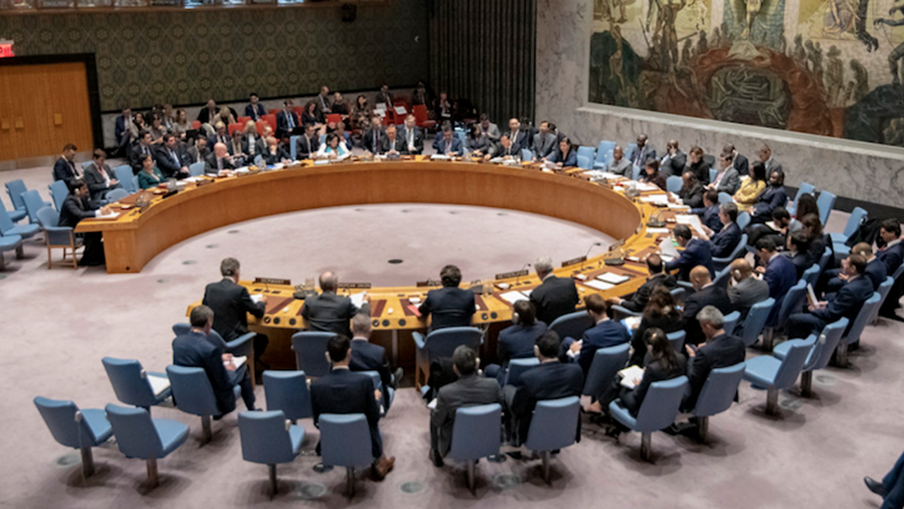The United Nations last week imposed sanctions on five Malian men for impeding peace in the country.
All five men had ties to the Movement for Unity and Jihad in West Africa (MUJWA), a disbanded U.S. and U.N.-sanctioned group, Kharon found. But they all have continued their activity in the years since the group broke apart, according to narrative summaries published by the U.N. of each designation.
MUJWA was designated by the U.S. State Department in 2012; it was created after members broke off from al-Qaida in the Islamic Maghreb (AQIM) in September 2011 “to spread their activity into West Africa,” the U.S. said at the time. In 2013, MUJWA merged with another group to form al-Murabitoun, which was later sanctioned by the U.S. in December 2013 as a Foreign Terrorist Organization (FTO). MUJWA split in 2015, according to the European Council of Foreign Relations, a think tank. Some members joined Islamic State in the Greater Sahara (ISIS-GS) under Adnan Abu Walid al-Sahraoui, while others stayed with al-Murabitoun, eventually joining Jama’at Nusrat al-Islam wal-Muslimin (JNIM), the think tank said.
Mahri Sidi Amar Ben Daha, sanctioned last week, is a leader of the Lehmar Arab community of Gao, a city on the Niger River in Mali, according to the U.N.; he was mentioned in a 2014 French media article as a former member of MUJWA. Ben Daha was a high-ranking officer of the Islamic police operating in Gao when MUJWA controlled the town from June 2012 to January 2013, the U.N. said. He’s now a top official for the Mecanisme Operationnel de Coordination (MOC), a security force in Gao, where he’s prevented discussions of the peace and reconciliation agreement, including by blockade in November 2018, according to the U.N.
